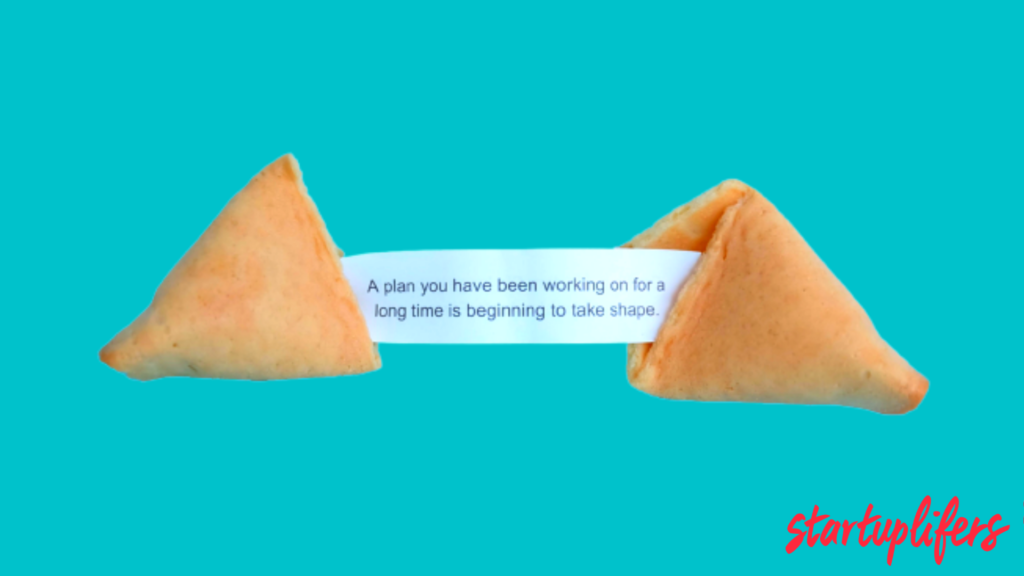- 16.06.2021
Searching for a job is hard. It is time-consuming. It can impact your self-esteem. Especially, when rejections keep rolling in.
How to keep moving forward? How to use these attacks on your self-worth, and turn them into self-improvement and job search success?
Realise, it’s not you.
Some job openings may receive dozens of applications. Other positions have requirements that you might not fulfil just yet. The competition is fierce on the job market. All you need is one “yes” from the right company. The trump you hold in your hands is your willingness to improve (that is why you are here reading this, right?) and a constructive approach. Let’s get there!
Keep track of your applications
If you want to improve, you need to find out where you are currently at and keep tracking your progress going forward. One easy way of doing that is by keeping a simple Excel sheet, for instance. (You see, I like my sheets.)
In each row, write down the basics, such as:
The name of each company,
the position you applied for,
some dates, like, when you applied and when you expect to hear back from the company, and
whom you were in contact with.
So far so good. Now, let’s add those extra parts that will help you improve:
The questions you were asked during the interview(s),
what went well, and
what did not go so well (or the could-haves-should-haves, as I like to call them).
Time to break it down and make an action plan

Understand at which stage of the recruitment process you have dropped out most frequently. This could be an indicator for an area of improvement.
Review your CV and application letter
For instance, you got the “thank you for your interest”-email right after handing in your application? There are of course always various possible reasons, but consider whether you met the eligibility criteria and must-haves for the role. If you did, chances are there is something that could be improved about your CV or application letter. Maybe the tips here could help you advance.
You don’t have that much work experience yet? Then our 5 Ways To Boost Your Job Profile As An Emerging Talent-post is for you.
Fine-tune your LinkedIn profile
What if your application was rejected later in the recruitment process? Take a closer look at your LinkedIn profile (don’t say you don’t have one!). Does the information listed there match the one that you have on your CV or is there something contradicting, something that could potentially confuse the reader? Where your CV is the place to be concise, LinkedIn is the place where you can add all extras. Go wild (but not too wild)! List the things you did (jobs, projects, volunteering, etc.) and achieved. Mark whether you worked somewhere full-/part-time or whether your work was project-based. Quite importantly, ask for recommendations from colleagues and managers. When you do ask, make it easy for them to actually do it. Provide (fact-based) suggestions for things that you would appreciate them mentioning in their recommendation.
Here are 5 (more) Easy Ways To Optimize Your LinkedIn Profile.
Hone your interview (and other) skills
You also jotted down the questions that you were asked during each interview. Pay particular attention to the ones that you found difficult to answer or that you feel you could have done a better job answering. What could you have responded or said differently? Use this information when you prepare for your next interview. And what about you, did you ask any questions during the interview? If not, make sure you have some prepared for every single interview in the future. Think: if you were to start working in the position you are interviewing for tomorrow, what would you like to know about the job, company, people, etc.?
Here are 3 Things A Startup Looks for In A Role-Based Interview and some tips on How to Shine in Your Business Interview.
If you are able to identify any other learnings or skills you might be missing for certain positions – excellent. Include them in your personal development plan!
And then… Let it go.
Easier said than done, no question about that. But it is sure worth trying. You will be much better able to plan your next steps when your mind is calm(er).
Close your eyes, take the rejections, disappointment and other feelings you may have. In your mind, place them on some leaves on a river or clouds in the sky, and watch them float away.
This is not for you? That’s fine, just take a few deep breaths and try to relax. Talk with family and friends, just don’t vent for days. Try to keep your conversations constructive and look ahead.
Move forward
Remember: you only need that one “yes” from the one perfect place for you. Rejections do not have to be a reflection of you as a person. A job search is like startups – plenty of failed tries, but you usually only get to see the big success stories (looking at you, LinkedIn).
Rejections are often times the result of a mismatch between what is perceived of you, based on what is visible from your CV and application letter, and what is required for the role you applied for. The same goes for job interviews. Your skills need to be a match for the job, of course. But the good news is, improving your CV, application letter or interview skills will by far not take as long as, say, learning a new programming language.

And we are of course here to support you. As part of our Talent Community, you will be the first one to learn about new events and workshops that can help you with your job search. We will also reach out to you as soon as we have new positions at startups that match your profile and aspirations. Once you have spoken with our talent specialist and been accepted to our Talent Community, you will get access to our supportive community on Slack and we will be able to introduce you directly to startups that have suitable jobs for you. No more writing cover letter after cover letter when you apply through Startuplifers. Apply for our Talent Community here.
However, if you apply for jobs elsewhere, here are 4 Reasons Why You Need To Include A Cover Letter.
Last but not least, remember this Guide to Startup Job Hunting and learn everything from how to define your career values to where to apply to, the interview preparation and contract negotiation – a one-stop-shop for all things startup job hunting.
Author of this post


